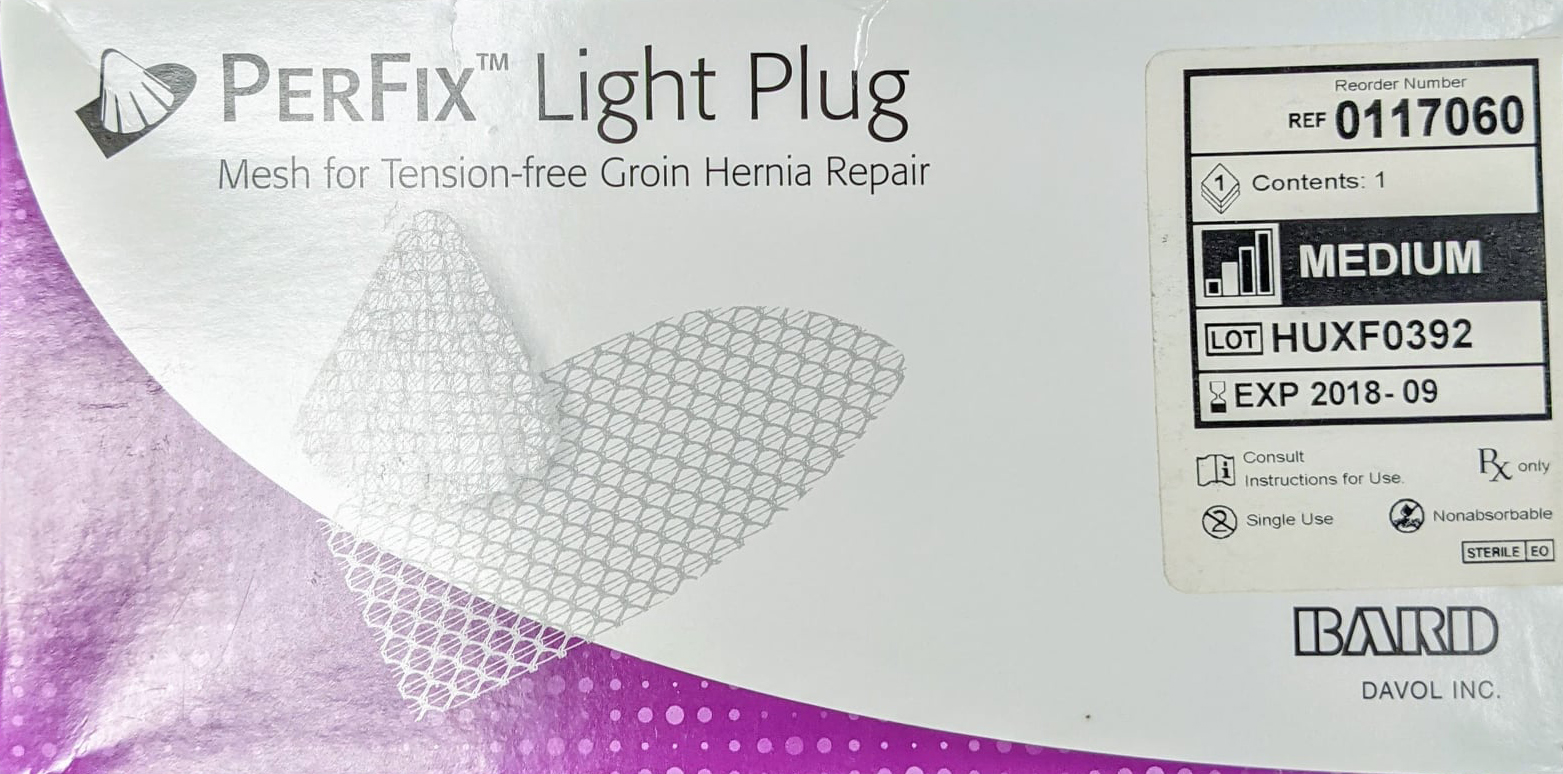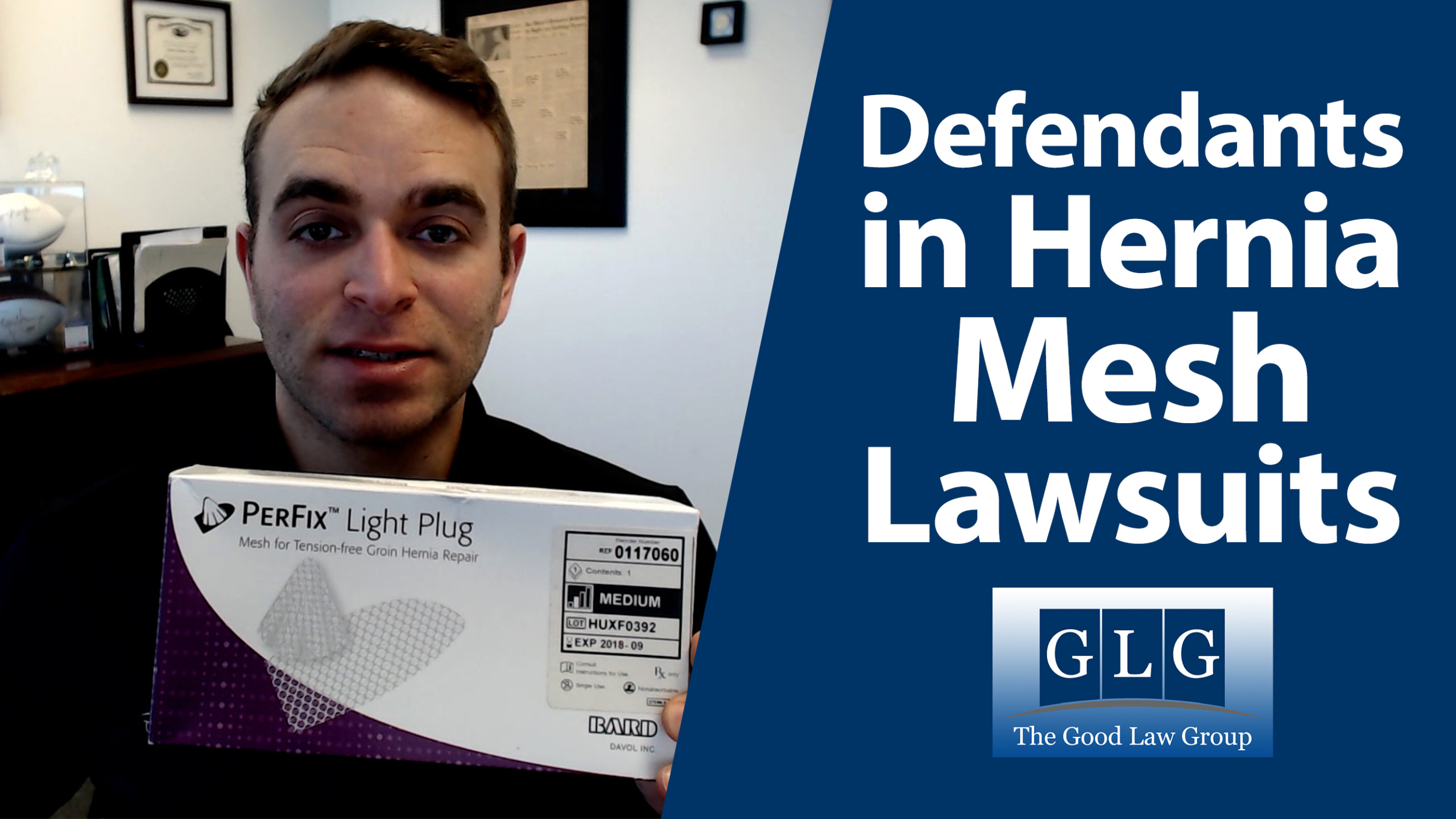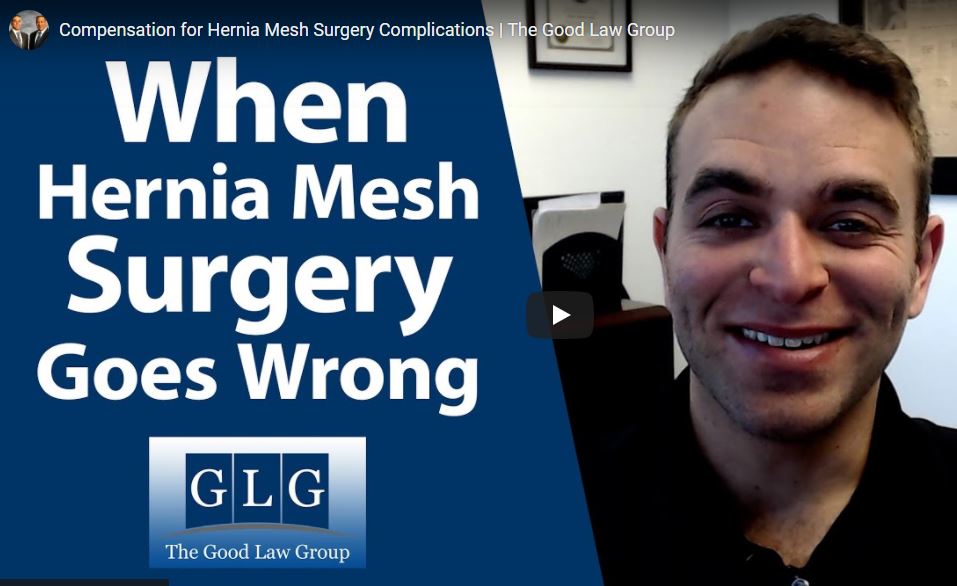If you’ve recently had hernia surgery, you’re not alone – an estimated one million Americans undergo the procedure each year. And more than 90% of those surgeries used some type of hernia mesh product to reinforce the damaged tissue and protect against recurrence.
The majority of the time, these surgeries work as intended and patients go on to live their lives. For roughly one-third of those patients, however, it’s a different story. Whether due to a design or manufacturing defect or physician error, these patients suffer chronic pain or other long-term hernia mesh complications following surgery. These hernia mesh injuries have led to a flurry of lawsuits and product recalls, with many patients filing hernia mesh lawsuits to be compensated for their injuries.
Whether you’re currently involved in hernia mesh litigation or are considering filing a hernia mesh lawsuit, these are the stages you can expect your case to go through.
Do you have a hernia mesh injury?
Before filing a hernia mesh lawsuit, the first step is to determine whether you were injured or suffer long-term complications because of the surgery. Soreness or tenderness, fatigue, or even an infection at the surgical site is common following any surgery. In most cases, these issues typically resolve soon after surgery – for example, your pain slowly begins to subside and your energy returns – or, in the case of infection, is cleared up with antibiotics.
But pain that lasts more than several weeks with no signs of improvement or the appearance of other complications, such as adhesions, bowel obstructions, or perforated organs, are complications that may be the direct result of the hernia mesh surgery.
File a complaint
Once you’ve established that you suffered a hernia mesh injury, a complaint is filed in state or federal district court. The complaint is the official start of your hernia mesh lawsuit and lays out the facts of your case and your theory (or theories) of recovery.
The complaint doesn’t lay out your entire case – it provides the court and the defendant with just enough information to understand the legal basis of your claim and the minimum facts to support it. There are typically four grounds for recovery in a hernia mesh lawsuit:
- Design defect: The hernia mesh was poorly designed.
- Manufacturing defect: The hernia mesh as designed is safe, but a problem occurred at some point during the manufacturing phase that made it defective.
- Failure to warn: The hernia mesh manufacturer (and/or the agency responsible for marketing the mesh) did not include warnings about potential risks or how to avoid them.
- Medical malpractice: Medical malpractice is a negligence claim, brought when physician error caused your injury.
The complaint also states the financial damages you are seeking as compensation for your hernia mesh injuries. Damages may include past and future medical expenses or lost income, pain and suffering, loss of enjoyment of life, punitive damages, and/or loss of consortium.
The defendant, which may include the hernia mesh manufacturer, the supplier, and/or your physician, responds to the complaint with an answer. The answer outlines the reasons why the defendant believes he is not responsible for your injuries.
Pre-trial proceedings
After the complaint and answer are filed, a hernia mesh lawsuit enters the pre-trial proceeding phase. This phase lasts until the court date. During the pre-trial phase, both sides make and respond to discovery requests, which are requests for information, documents, and admissions. This may include medical records, witness lists, design and manufacturing information, known problems with the hernia mesh, and any other information that could help either side prove its case.
Either side can also request to depose one or more witnesses before trial. Depositions are held under oath and help both parties obtain information and better evaluate their case. Because people being deposed are sworn in under oath and held to the same standards as if they were testifying at trial, deposition testimony can sometimes be used in court instead of having the witness testify.
The pre-trial phase is also a time for attorneys to file motions on various matters pertaining to the hernia mesh lawsuit. This may include objections to turning over certain information or asking the court to force the other side to provide the information. Attorneys may also file motions asking the court to include or exclude certain evidence or witnesses from trial, to rule on certain issues so they don’t have to be argued at trial, or to dismiss the case. The judge will issue an order on these motions before trial.
Trial
During the trial, both sides present their case to the jury by calling witnesses and putting on evidence. At the end of the trial, the judge will instruct the jurors on the standards they are to use when deciding the case. The jury will then be sent to deliberate and come back with a verdict and, if they decide in your favor, the amount of compensation the defendant must pay.
Settlement
In some cases, the parties reach a settlement before the trial date. A settlement ends the case without the need for a trial. In theory, a settlement can happen any time before the jury reaches a verdict, although most settlements happen before the trial starts. If your case ends in a settlement, the defendant agrees to pay you a set amount of money to end your claim.
Appeal
Either party may appeal either the jury’s decision, its damages award, or both. However, an appeal doesn’t mean that your case is reheard and decided again. Appeals are based on legal errors that occurred during the trial. For example, if the judge allowed the defendant to introduce evidence that you believe should have been excluded, or that the judge instructed the jury using the wrong legal standard, you can appeal the decision based on those errors. The appellate court will hear arguments and can either uphold the verdict, overturn it, or order a new trial.
The hernia mesh attorneys at The Good Law Group leverage more than 30 years’ experience to help evaluate your claim and get you the compensation you deserve. Call us to schedule a free case evaluation.









